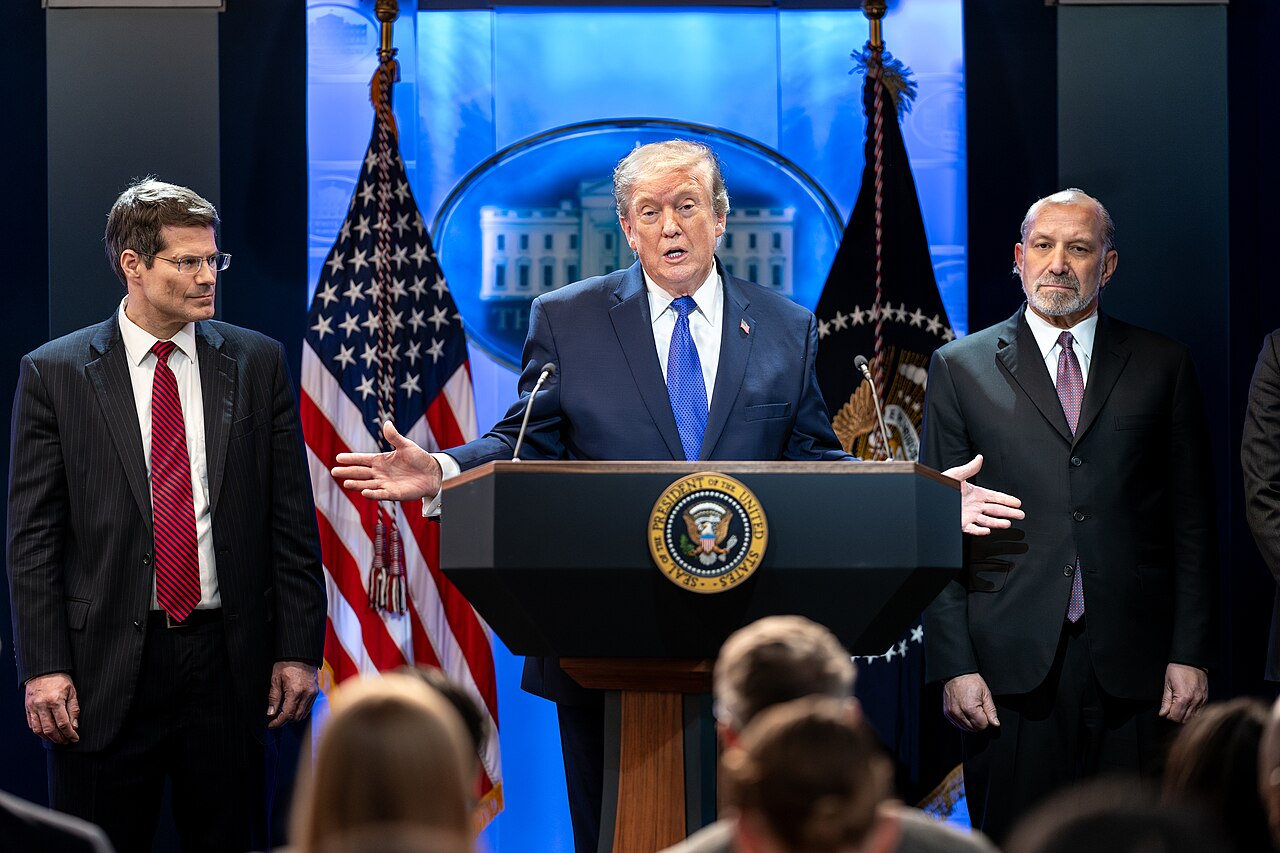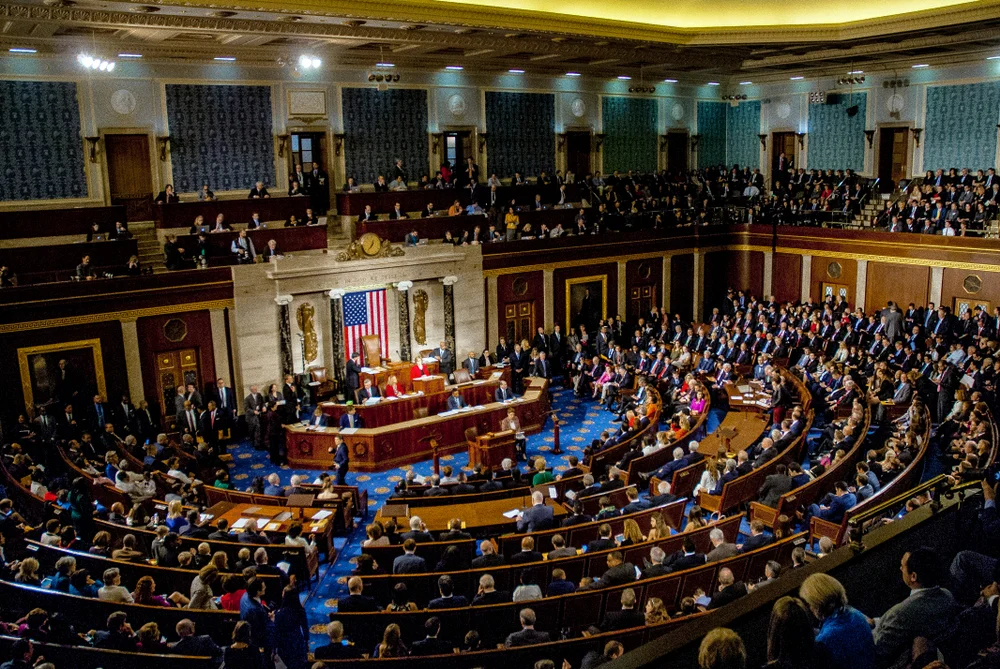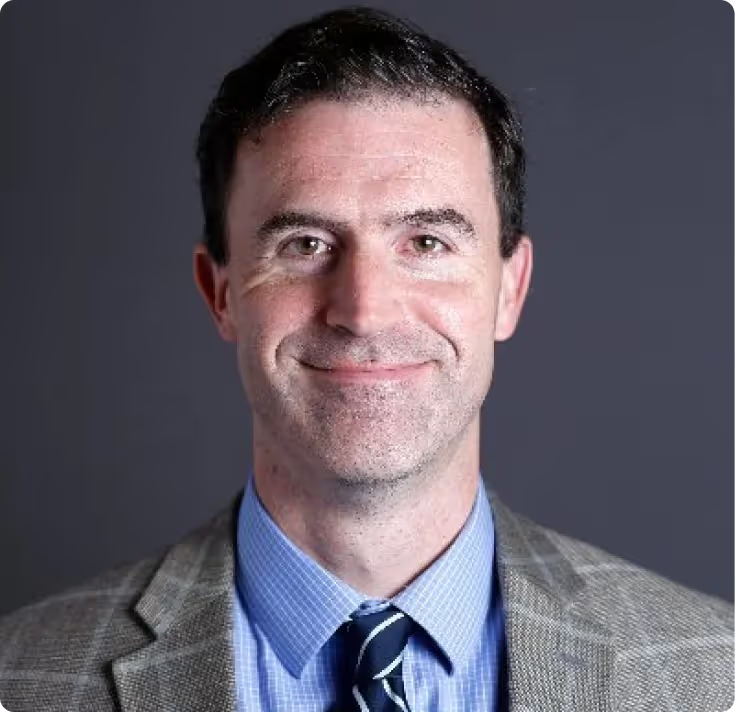.avif)
Charles Kesler’s Struggle for the Founders’ Constitution
Charles Kesler’s defense of the American Founding from its critics on the left and right alike can help us recover our most cherished principles.
American conservatism finds itself in a strange place. A resounding electoral victory was achieved in the 2024 election by a Republican party that, while modified from its Goldwater-Reagan standard, remains comprehensible to the conservative temperament. Conservatism is the form of the Republican party, or the party ceases to exist. Yet, conservatism has never agreed on the measuring rod of its activity. What precisely does it want to achieve, such that it knows the truth of its strategies and tactics?
One thinker who has been teaching, writing, and editing in ways that help us answer these essential questions is Charles Kesler, the founding editor of The Claremont Review of Books and a Dengler-Dykema Distinguished Professor of Government at Claremont McKenna College. His political essays and editorship of the CRB are widely known across conservatism. Kesler has also formed the minds of graduate students who have assumed leading roles in academia, politics, journalism, and non-profit work. A new book of essays, titled Leisure with Dignity, by former Kesler students bids us to consider Kesler’s career because his teaching and writing bear close study for the conservative cause and our constitutional republic.
We live in a season of thoughtful and, at times, highly contested grappling with the question of how conservatives recover an America paralyzed, if not broken, by progressive ideology. I interviewed Kesler and read his scholarly output to better understand his political thinking and what it means in this period of national tumult. Kesler’s distinctiveness is best understood through those who influenced him and shaped him to be a thinker capable of political writing who joins foundational principles with current events and circumstances to produce essays that enlighten our understanding, helping us understand pitfalls and opportunities.
Constitutionalism

Amicus Brief: Hon. William P. Barr and Hon. Michael B. Mukasey in Support of Petitioners
Former AGs Barr and Mukasey Cite Civitas in a SCOTUS Brief

Rational Judicial Review: Constitutions as Power-sharing Agreements, Secession, and the Problem of Dred Scott
Judicial review and originalism serve as valuable commitment mechanisms to enforce future compliance with a political bargain.

Supreme Court showdown exposes shaky case against birthright citizenship
Supreme Court will hear challenges to Trump's order ending birthright citizenship, testing the 14th Amendment's guarantee for babies born in America.

Trump’s Tariff Tantrum
Trump leaps from the frying pan into the fire in the aftermath of Learning Resources v. Trump.

The Administrative State’s Sludge
Congress has delegated so much power across so many statutes that it’s hard to find a question of any public importance to which some agency cannot point to policymaking authority.


.avif)










.avif)
.webp)


